ICCS-DE 2021
The 3rd International Workshop on Information, Computation, and Control Systems for Distributed Environments
When
July 5–9
2021
Where
Russia, Irkutsk
Lermontov St. 134
Our Speakers
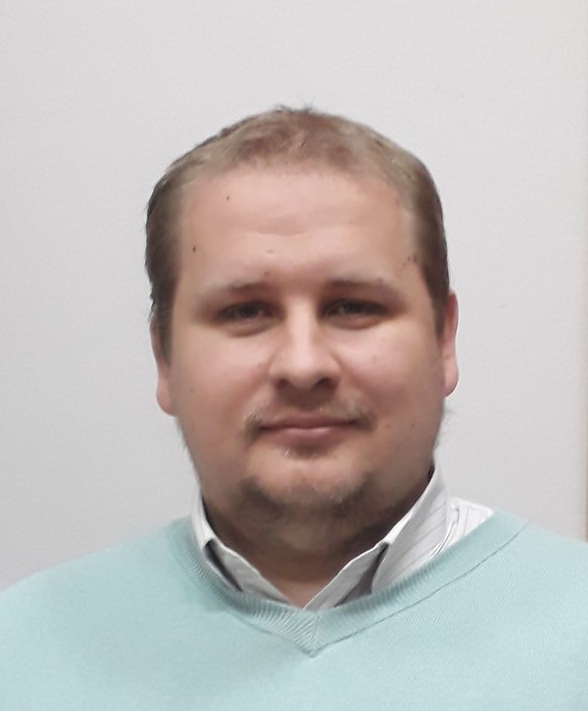 |
Mikhail Babenko, North-Caucasus Federal University, Stavropol, Russia SPEECH: Privacy-Preserving Neural Networks with Homomorphic Encryption: Challenges and Opportunities |
|
About the Speaker Mikhail Babenko graduated from Stavropol State University (SSU) in 2007 with degree in mathematics. Received Ph.D. degree in mathematics from SSU in 2011. He works as assistant professor in Department of Applied Mathematics and Mathematical Modeling since 2012. He is an author of over 63 publications and 5 patents. His research interests include cloud computing, high-performance computing, residue number systems, neural networks, cryptography. National, international projects and industrial collaborations: 11 national projects and 3 project under Federal target program Russia Federation. Abstact Classical machine learning modeling demands considerable computing power for internal calculations and training with big data in a reasonable amount of time. In recent years, clouds provide services to facilitate this process, but it introduces new security threats of data breaches. Modern encryption techniques ensure security and are considered as the best option to protect stored data and data in transit from an unauthorized third-party. However, a decryption process is necessary when the data must be processed or analyzed, falling into the initial problem of data vulnerability. Fully Homomorphic Encryption (FHE) is considered the holy grail of cryptography. It allows a non-trustworthy third-party resource to process encrypted information without disclosing confidential data. In this paper, we analyze the fundamental concepts of FHE, practical implementations, state-of-the-art approaches, limitations, advantages, disadvantages, potential applications, and development tools focusing on neural networks. In recent years, FHE development demonstrates remarkable progress. However, current literature in the homomorphic neural networks is almost exclusively addressed by practitioners looking for suitable implementations. It still lacks comprehensive and more thorough reviews. We focus on the privacy-preserving homomorphic encryption cryptosystems targeted at neural networks identifying current solutions, open issues, challenges, opportunities, and potential research directions. |
|
|
|
|
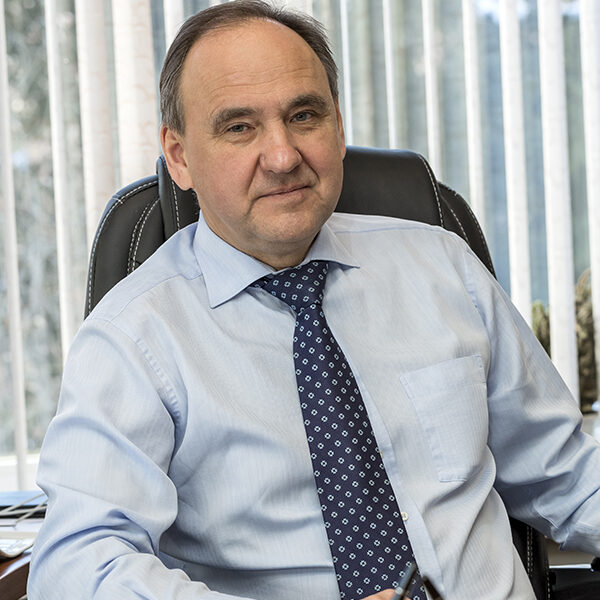 |
Igor Bychkov, Matrosov Institute for System Dynamics and Control Theory of the Siberian Branch of the Russian Academy of Sciences, Irkutsk, Russia http://idstu.irk.ru/en/Bychkov_IV/ SPEECH: Digital transformation of forest monitoring in the Baikal natural territory |
|
About the Speaker
Igor Bychkov is the Deputy Chairman of SB RAS for scientific work, Director of the Irkutsk branch of the SB RAS. Abstact The talk addresses an approach proposed for the digital transformation of monitoring of forest resources of the Baikal natural territory using a service-oriented paradigm, an infrastructure approach, declarative specifications, as well as end-to-end and Web-based technologies for collecting and processing large amounts of spatio-temporal data. |
|
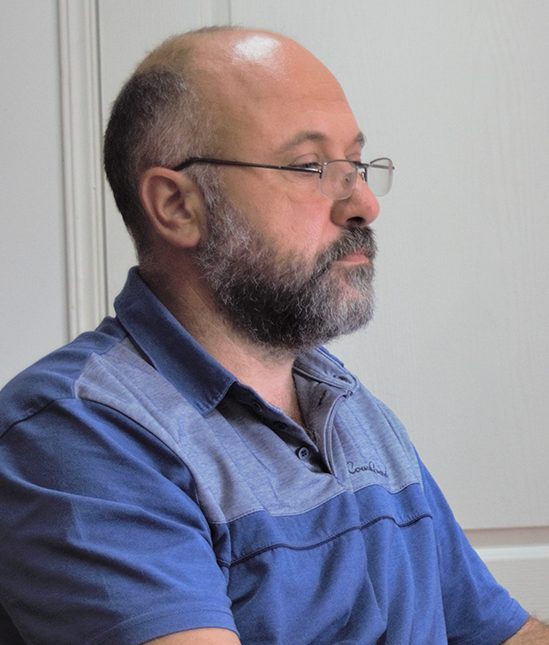 |
Zeljko Stojanov, University of Novi Sad, Technical Faculty ”Mihajlo Pupin” Zrenjanin SPEECH: Software maintenance improvement in small software companies: Reflections on experiences |
|
About the Speaker Zeljko Stojanov received PhD degree in Computer science and applied informatics at the University of Novi Sad, Serbia. He works as an associate professor at the University of Novi Sad, Technical Faculty ”Mihajlo Pupin” Zrenjanin, Serbia. He has over fifteen years of experience working with small software companies as a software developer and as a consultant in the fields of software development, software maintenance and process improvement. His research interests are in the fields of software engineering, software life cycle, business informatics, learning and knowledge management, engineering education, and human aspects of engineering. He is author of scientific papers published in refereed journals and in the proceedings of international conferences. He participated in several research and industrial projects at national and international levels. He is the member of IEEE and ACM. Abstact Software maintenance has been recognized as the most demanding and costly phase in the software life cycle. Software maintenance tasks, although require a more complex set of skills and knowledge, are far less interesting than software development tasks to software engineers. In addition, insight into the scholarly literature revealed that the knowledge basis on software maintenance is significantly less than the knowledge base on software development. Due to the obvious constraints of small software companies, they do not have time, people, and other resources for assessing and improving their software maintenance practice. This talk presents the author's reflections on experience in assessing and improving software maintenance practice in an indigenous micro software company. |
|
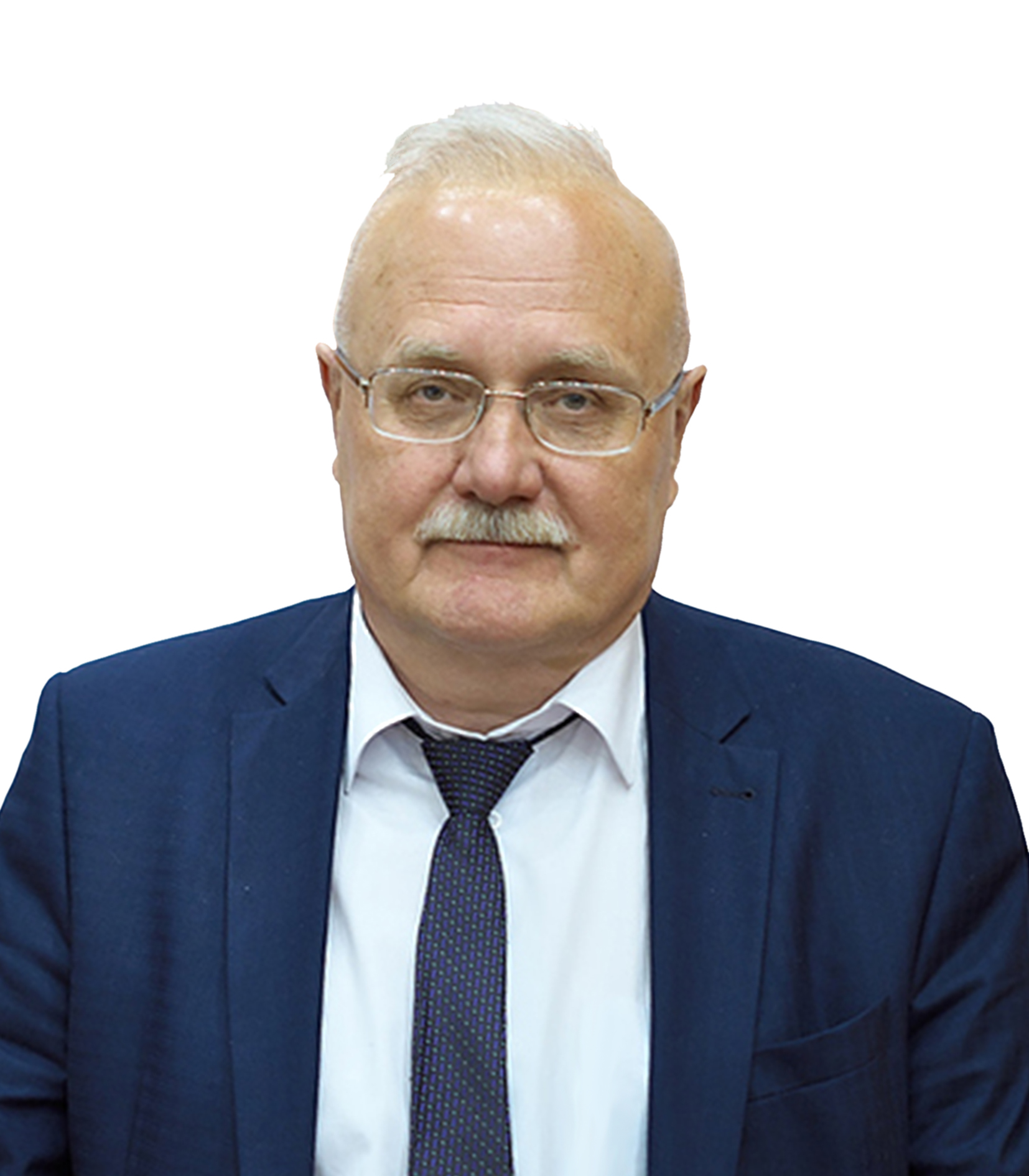 |
Igor Sheremet, Russian Foundation for Basic Research SPEECH: Multiset-Based Assessment of Vulnerability of Energy Infrastructures to Destructive Impacts |
|
About the Speaker
Born March 23, 1956 Main contributions
In 80-90th developed “Set-of-Strings” mathematical framework for Data and Knowledge Engineering, providing knowledge-based implementation of Big Data, Internet of Things, Security Information and Event Management (SIEM), and various associated up-to-date technologies. Abstact This talk is dedicated to the application of the multigrammatical framework to the assessment of vulnerability of energy infrastructures (EIs) affected by impacts destroying reducing capabilities of their facilities (power plants, fuel-producing plants, power transmission lines, fuel transporting pipes, as well as networking devices of both electricity and fuel subsystems of an EI). A basic graph representation of EIs is considered, and the technique of their multigrammatical representation is introduced. Criteria base for recognition of the EIs’ vulnerability, being a generalization of the similar criteria base developed regarding industrial infrastructures, is proposed. Techniques of multigrammatical modelling reservation of EIs and their recovery after impacts are proposed. Directions of future research in this area are announced. |
|
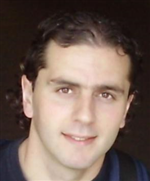 |
Sergio Nesmachnow, Universidad de la República, Uruguay https://www.fing.edu.uy/inco/grupos/cecal/hpc/pmwiki/pmwiki.php?n=Main.SergioNesmachnow SPEECH: Demand response planning for the participation of datacenters in the electricity market |
|
About the Speaker Full Professor and Researcher at Universidad de la República, Uruguay. Main research areas: Metaheuristics, High Performance Computing, Smart Cities. More than 300 research articles published in journals and conferences. Abstact The talk describes a proposal for the participation of supercomputing platforms and datacenters in the electric market, by implementing demand response techniques and ancillary services. Supercomputing and datacenters are appropriate candidates to adjust their power consumption in order to help the electric grid to fulfill specific goals, either by consuming available surplus of energy to execute complex tasks, or by deferring activities when energy is more expensive or generation is lower than normal. Furthermore, the thermal/cooling infrastructures of datacenters demand about half of the overall energy consumption and provide a large inertia that can be appropriately used to interact with the power grid. These strategies allow implementing a smart management of the electric grid, achieving a rational utilization of renewable energy sources, and the correct utilization of information technologies to improve decision-making processes. A specific case study is presented: The National Supercomputing Center in Uruguay (Cluster-UY), for which strategies for optimal planning of the execution of tasks and energy utilization are proposed and evaluated. The proposed strategies take into account the energy consumption, the Quality of Service provided to the users, and the thermal/cooling demands of the infrastructure. Results suggest the effectiveness of the proposed strategies to implement demand response techniques and provide ancillary services under the smart grid paradigm. |
|
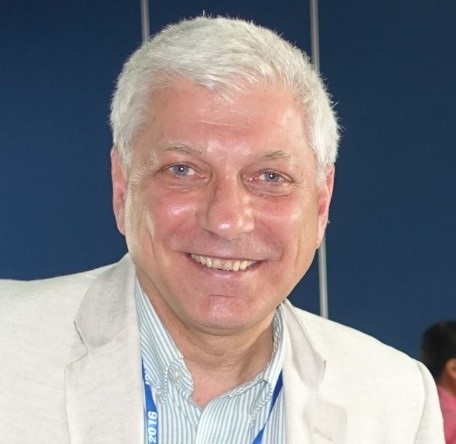 |
Andrei Tchernykh, CICESE Research Center, Ensenada, Mexico http://usuario.cicese.mx/~chernykh/ |
|
About the Speaker
Andrei Tchernykh is holding a full professor position in computer science at CICESE Research Center, Ensenada, Baja California, Mexico
He is Chair of the Parallel Computing Laboratory at CICESE, Mexico and “Laboratory of Problem-Oriented Cloud Computing” at South Ural State University, Russia. He is researcher of ISP RAS - Institute for System Programming of the Russian Academy of Sciences and MIPT - Moscow Institute of Physics and Technology, Moscow, Russia. | |